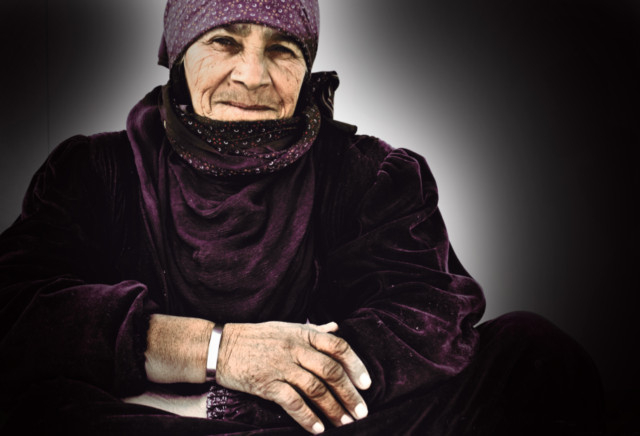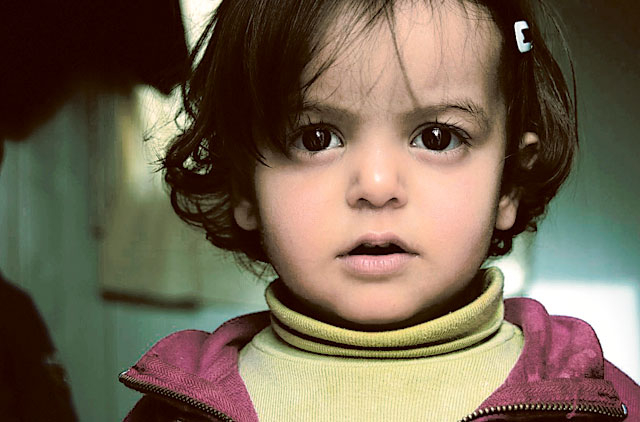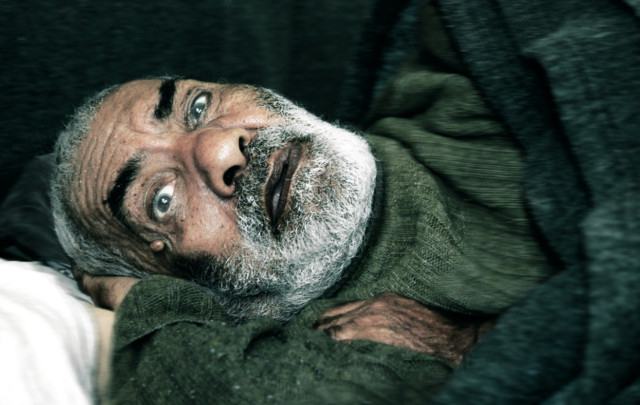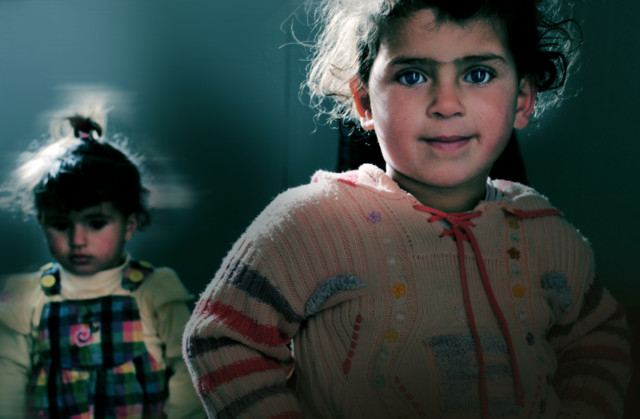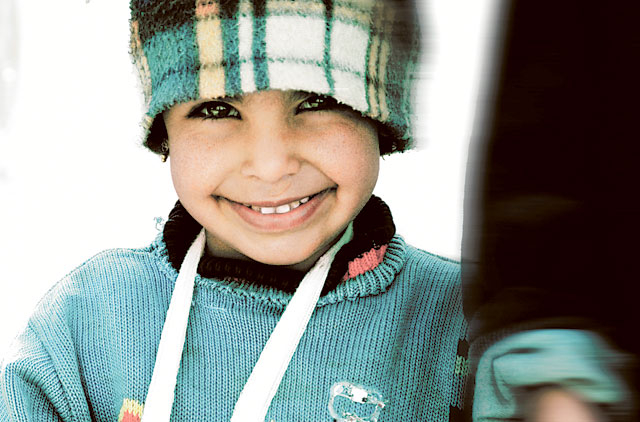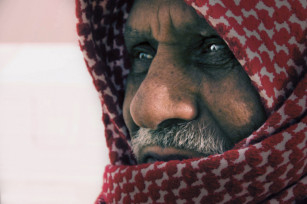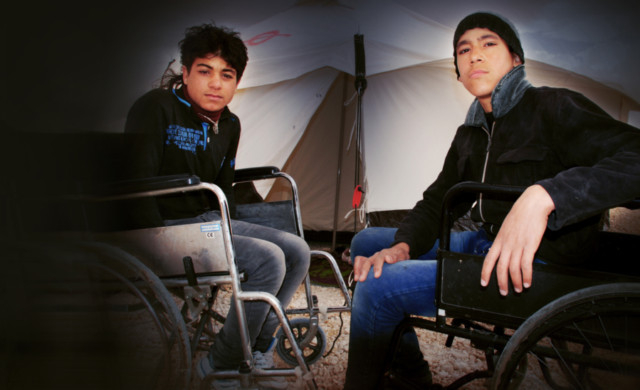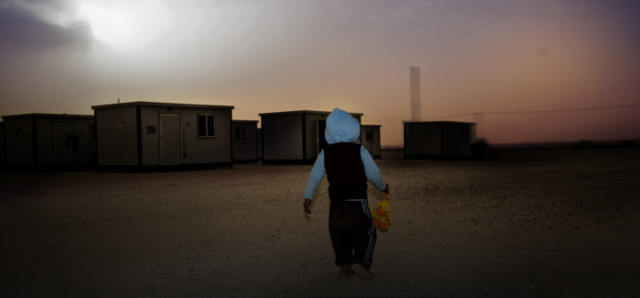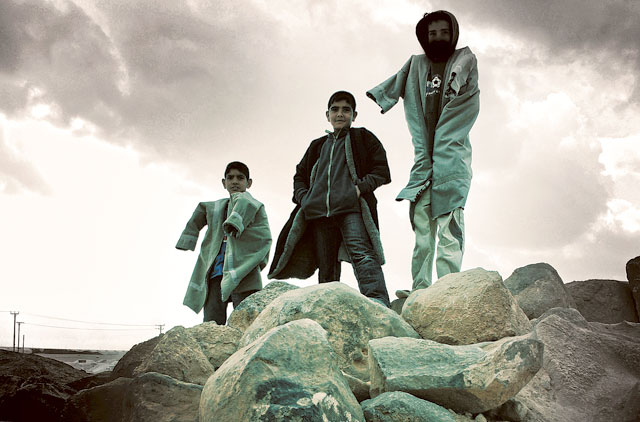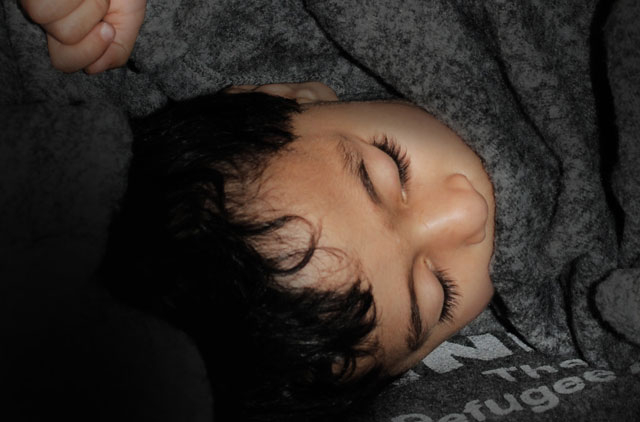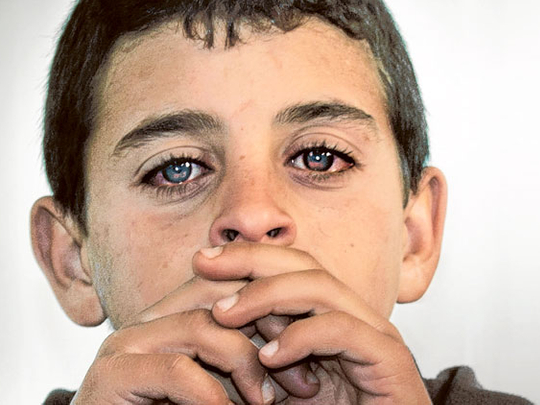
Damascus: A city once filled with people and the buzz of daily life, is now eerily empty as the grave humanitarian consequences continue to mount on a daily basis.
The brutal reality of the civil war in Syria continues to affect not only those trapped in the conflict but also the thousands of refugees now housed in makeshift camps in Jordan, Lebanon and Turkey. The Arab diaspora and the international community continue to watch in horror as crimes against humanity unfold every day.
According to the UNHCR, up to three million people have been displaced since the conflict began in Syria with a sharp increase in 2013 as former safe havens become affected by military operations.
The most vulnerable groups currently facing gender-based violence are women, the elderly and children.
According to the International Rescue Committee, rape is not only pervasive, but it is also a driving factor behind the rapidly growing numbers of Syrian refugees, both within and outside of the country.
Activist Rafif Jouejati, spokesperson for the Local Coordinating Committees in Syria, explains. “Various groups, particularly Women Under Siege and the International Rescue Committee, have collected anecdotal and other evidence of several hundred cases of rape, gang rape, and sexualised torture….there is even rapes taking place with objects including the use of mice and rats.”
Gender norms
Jouejati also believes that deep roots of unequal gender norms and a long history of abusing women is also the reason behind the massive numbers of gender based violence — arguing that half of the women of Syria face some type of violence regularly, and that 7 out of 10 women are verbally abused often.
“Cases of rape and sexualised torture go under-reported in Syria due to the social stigma associated with rape. In addition to that, many women refuse to speak out for fear of retribution.”
In Jordan’s Zaatari camp, makeshift clinics staffed with medical experts from the Gulf are some of the only places that offer hope to the victims. According to UNHCR Liaison Officer in Jordan, Ali Bibi, gender-based violence is on the increase with many cases being reported in the camps on a daily basis.
“We have volunteers and international organisations here in the camp trying to set up psychosocial and medical treatment facilities for victims….the victims must not be the ones punished.”
Experts say that the unending “dishonour” and manipulation of Syrians through sexualised violence is committed by all sides and is creating an entire nation of traumatised people robbed of their dignity and their humanity.
“We are working hard to ensure that women have 50 per cent representation across the political, economic, and social spectrum. Women inside Syria and abroad are coordinating efforts to publish a charter that reflects our demands, capabilities, and intent to be full participants in the current and post-Al Assad phases in Syria’s transformation. This includes forming political parties, running for public office, assuming leadership roles in science & technology, business, and any other areas,” Jouejati says.
Hermoine Macura is a special correspondent based in Dubai


